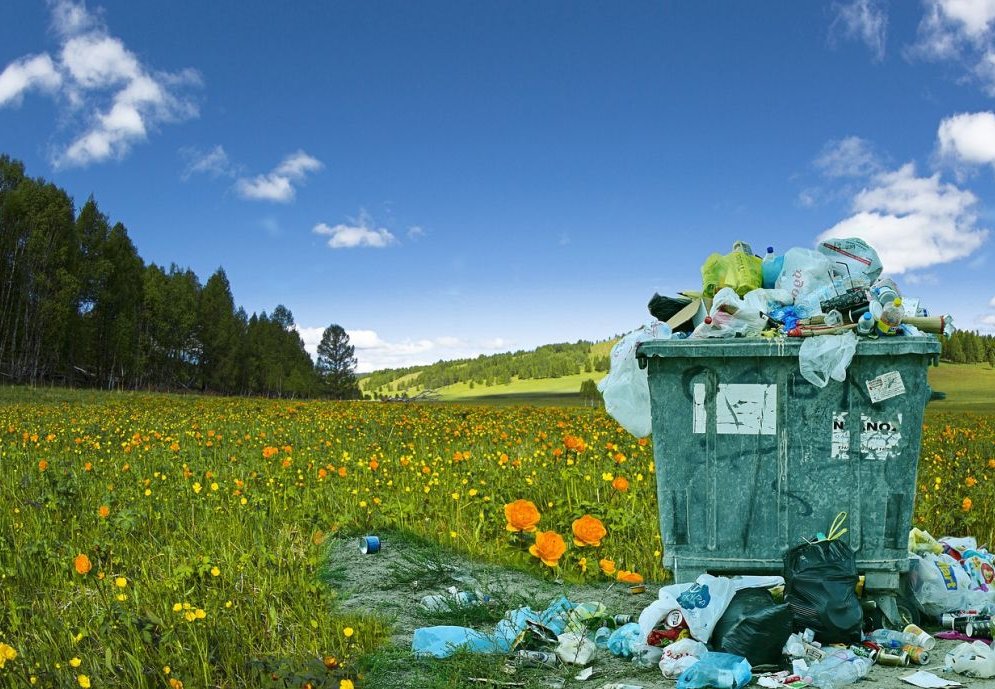

Plastic in our daily lives
Project summary
A creative project for students to explore plastic waste in school and create posters and digital films to encourage waste reduction.
Learning outcome
In recent decades, plastic has gradually become an integral part of our everyday lives. Plastic is produced from crude oil, which is a non-renewable resource in limited availability and has a significant impact on the climate. Precisely because of the qualities that have encouraged the mass use of plastic - lightness and durability, it gets into the environment easily, travels long distances and will stay there for many years.
Age group: 14-19 years old
Learning outcome:
- be aware of the problem of plastic waste;
- learn about the impact of plastic waste on climate change and our health;
- recognise ways to reduce the plastic waste.
Time required
- 2 hours indoor education;
- a week for outdoor activities (concept and scenario, video making, editing and presentation).
Tools or equipment
- teacher’s presentation about plastic waste;
- mobile phones and video editing programme
Activity description
Indoor activities
1st indoor lesson: Introduction
The teacher introduces students to the problem of plastic waste. Through a presentation, educational videos and materials, students gain basic knowledge about what is plastic; composition and distribution of plastic; types of plastic; rules of plastic recycling; plastics and our health and what are endocrine disruptors.
2nd indoor lesson: "Steeped in Plastic" Challenge
Explore the plastic in your classroom. For one week track how much plastic you use during school hours. At the end of the week make a plan with suggestions on how you can reduce your use of single-use plastics.
- Make a poster with suggestions for your classmates.
- Make a map of places around school where you can buy things without single-use plastic.
Here you can find practical hints on how to reduce waste at school, together with a Sample Action Plan to Reduce School Waste.
Outdoor activities
Within one more week, plan a scenario and produce a video that demonstrates the problem of litter in your city. Make a proposal to tackle it.
Case study video example: https://www.youtube.com/watch?app=desktop&v=_Wp4eowuXOM&sfnsn=mo
Tips how to implement the topic to school curriculum
Nature sciences: environmental protection and sustainability, consumer education
Information technologies: video making and editing
Art: Designing photographs, creating collage, presentation, poster, map etc.
Citizenship: civil responsibility; community engagement.
Useful links:
https://www.plasticpollutioncoalition.org/guides/singleuseplastics/healthimpacts
https://www.plasticpollutioncoalition.org/guides/singleuseplastics/healthimpacts
